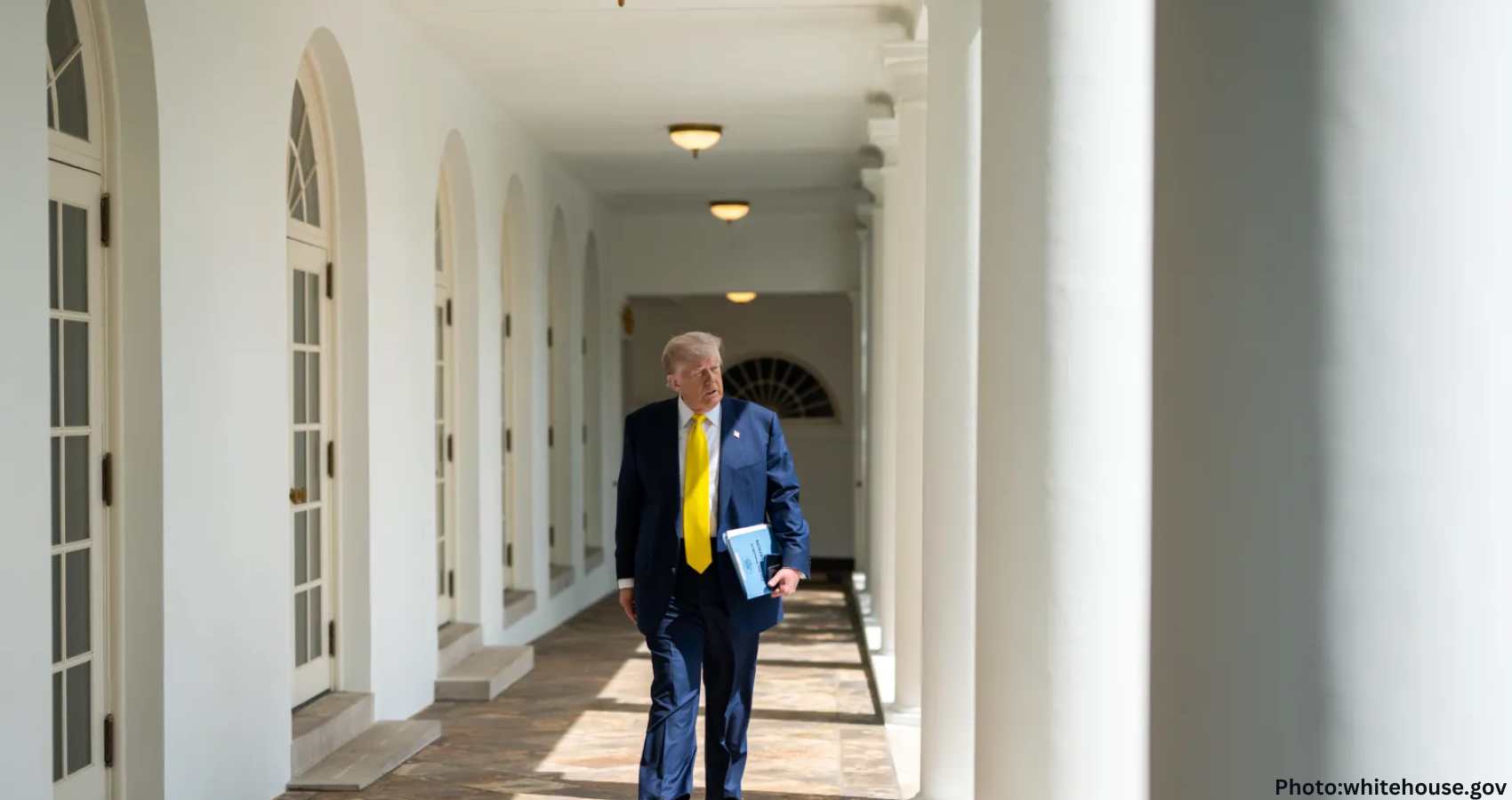The recent U.S. Marine strikes on a cartel vessel off Venezuela signal a significant shift in the Trump administration’s approach to combating narco-terrorism in the region.
U.S. Secretary of State Marco Rubio announced that the United States will intensify its efforts against narco-terrorist organizations following a series of unprecedented strikes by U.S. Marines on a cartel-operated vessel off the coast of Venezuela earlier this week.
This military action, which resulted in the deaths of 11 members of the Tren de Aragua cartel, represents a marked departure from previous U.S. strategies aimed at countering the international drug trade. Historically, U.S. military operations have focused on seizing and apprehending cartel members since the late 1980s. However, this latest strike, which targeted a group designated as a terrorist organization by the Trump administration in February, indicates a more aggressive stance.
“The gloves are off,” stated Isaias Medina, a former Venezuelan diplomat who has become a dissident under the Nicolás Maduro regime. He emphasized that the Marine strike on the Tren de Aragua vessel, which was allegedly engaged in narcotics trafficking, signifies a pivotal moment in the ongoing battle against organized crime on an international scale.
President Donald Trump has consistently expressed his strong opposition to Maduro’s regime, even offering a $50 million reward for information leading to Maduro’s arrest and conviction. In response to the deployment of U.S. troops near Venezuela, Maduro condemned the action, claiming it was an attempt to instigate regime change and asserting, “Venezuela is confronting the biggest threat that has been seen on our continent in the last 100 years.”
The White House has faced scrutiny and international pushback regarding the implications of this military strike for future U.S. policy in South America. During a visit to Mexico, Rubio sought to clarify the administration’s intentions, stating, “The President of the United States is going to wage war on narco-terrorist organizations.”
Rubio criticized the previous policy of simply seizing and apprehending cartel members, arguing that it has proven ineffective. “These drug cartels know they’re going to lose 2% of their cargo—they bake it into their economics,” he explained. “What will stop them is when you blow them up, when you get rid of them.”
Medina pointed out that Maduro’s failure to address the activities of international narcotics rings has created an opportunity for the Trump administration to take decisive action. He noted that the Marines adhered to strict rules of engagement while targeting a terrorist organization believed to be trafficking drugs intended for the U.S.
“Venezuela’s Tren de Aragua, backed by Maduro, operates much like other state-sponsored terror groups, including Iran’s support for the Houthis, Hamas, and Hezbollah, all of which destabilize regions through illicit trade and violence,” Medina said. “Safe harbors in international waters are no longer sanctuaries for traffickers and smugglers.” He added that this strike sends a clear message that American forces and their allies will provide strong resistance to such operations.
Despite Maduro’s concerns that Trump’s ultimate goal is to oust his government, experts remain skeptical about the likelihood of significant regime change. Juan Cruz, a former senior director for Western Hemisphere affairs at the National Security Council, expressed doubt that the military deployment was intended to achieve that specific objective. “I can’t imagine this deployment had that specifically as an objective,” Cruz told Fox News Digital. “But [Trump] will certainly take that as a win if, for some reason, it had that outcome.”
As the situation unfolds, the implications of this military action will likely continue to shape the dynamics of U.S.-Venezuela relations and the broader fight against narco-terrorism in the region.
Source: Original article

